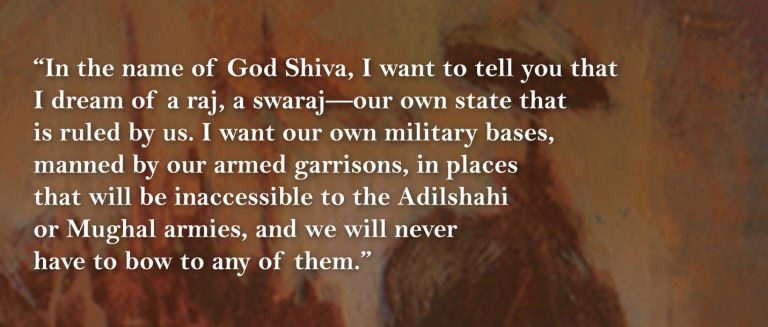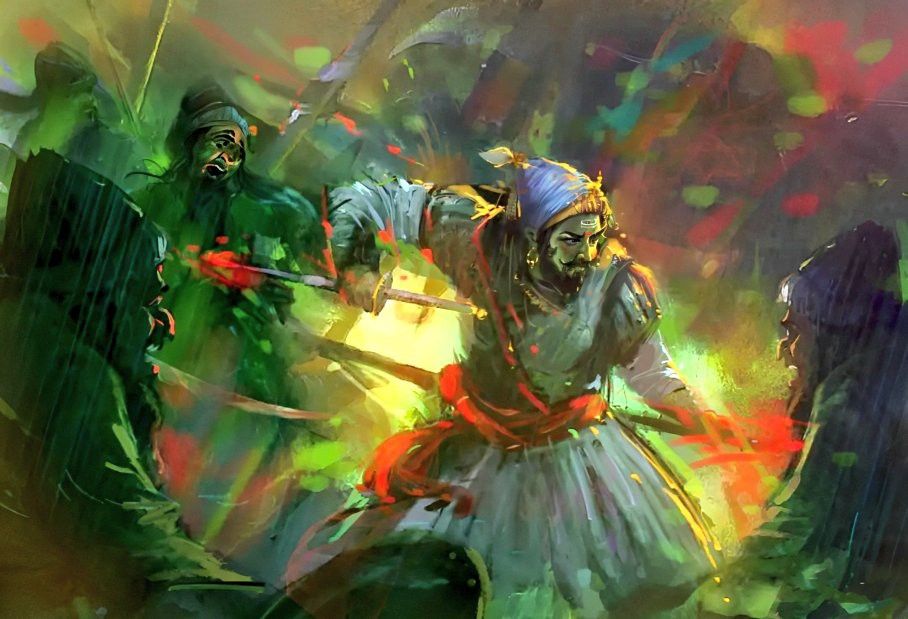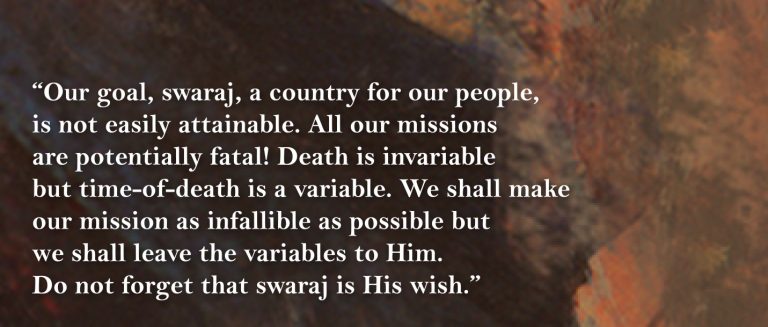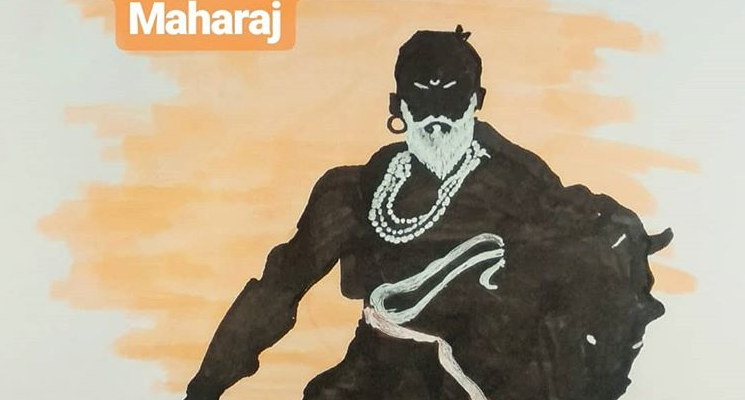The only God I believe in was a man.
A man beyond description, Shivaji Maharaj’s exceptional character and achievements defy simple characterization. His very name struck fear into the hearts of invaders, yet inspired courage that transformed farmers into fierce warriors. Shivaji Maharaj was a legendary warrior, strategist, and statesman who left an indelible mark on Indian history. It is his excellent leadership and administrative prowess that captivate me the most. It is said that men like him take birth once in a millennium.

Shivaji Maharaj exhibited several unique leadership traits that today’s leaders need to know. Here are three leadership qualities that, in my opinion, are absolutely essential in understanding the visionary:

1. How to inspire people? Maharaj dreamt of Swarajya. However, he did not make people work for his dream. He instead sparked that dream within the hearts & minds of people. His dream lived through them and that is the only reason people were ready to sacrifice their lives for his cause, their cause. And very soon, every Maratha’s dream was Swarajya.
🔥 The leadership lesson here is that a man works best when he works for himself. Inspiration coming from oneself is the best motivation. So, whenever you have people to work for you, inspire them to a cause that comes from within themselves.

2. Stepping back. The quality I absolutely love about Shivaji Maharaj is that he knew when to take a few steps back. During Mirza Raja Jaisingh’s siege of Purandar, Shivaji signed a treaty that obliged him to return most of his conquered forts and nearly all of his treasure and to join an alliance to work for his enemy. Imagine if the king had stated, “I would rather have my head severed than give back an inch of my swarajya,” and even if he had died fighting for swarajya, he would still be great today. Many great kings have made the ultimate sacrifice in such circumstances. However, my friends, this glory is far greater. He knew that his goal was bigger than him and he has to live for it and it does not matter if that means taking a few steps back. He signed the treaty and lost most of his kingdom. Later, in a matter of 5 years, he recaptured all the forts he lost in the treaty and raided the city of Surat for the second time to fill his treasures and reclaimed his kingdom. Such was his greatness.
🔥 Every leader should know when to take a few steps back. Retreating does not always indicate weakness. Sometimes you have to take a step back to assess, reorganize, and re-strike. This demonstrates bravery, preparation, and a strategic approach to your task.

3. Taking calculated risks. Now, there’s a difference between taking risks and taking calculated risks. In his lifetime, Shivaji Maharaj took several risks but all were backed with a contingency plan. Now, meeting Afzal Khan was a risk but he was totally prepared with a safety gear and stealth weapons to back him up. Maharaj took numerous risks, without which swarajya was a goal next to impossible but he backed them up with contingency plans.
🔥 No great thing was ever achieved that did not involve risk. Leaders who are too much into sticking to the system and rules of how things are done, hardly achieve significant things. To reach greatness, you must think and act outside the box. Taking risks is an essential aspect of every organization’s or individual’s development.
Summarizing the conditions during which young Shivaji took the oath of Swarajya:
- Scattered and unorganized Mavlas
- A scarcity of force with little to no military training
- Limited weaponry
- No previously established kingdom but a Jagir of Shivaji’s father Shahaji under the dominance of the Deccan sultanate
- Caste discrimination at its height among the masses.
Suppose we analyzed this endeavor in business terms, we don’t need a feasibility study to foretell that such a project would be a failure in today’s business terms. If such a hypothetical study was done, any strategic adviser would recommend against it. Yet, Shivaji Maharaj made it happen at that time, all due to his undeterred will, farsighted vision, efforts, and leadership qualities.
Today, however, the world faces a terrible lack of leadership everywhere.

Very nice dr
Great 🙏👍♥️